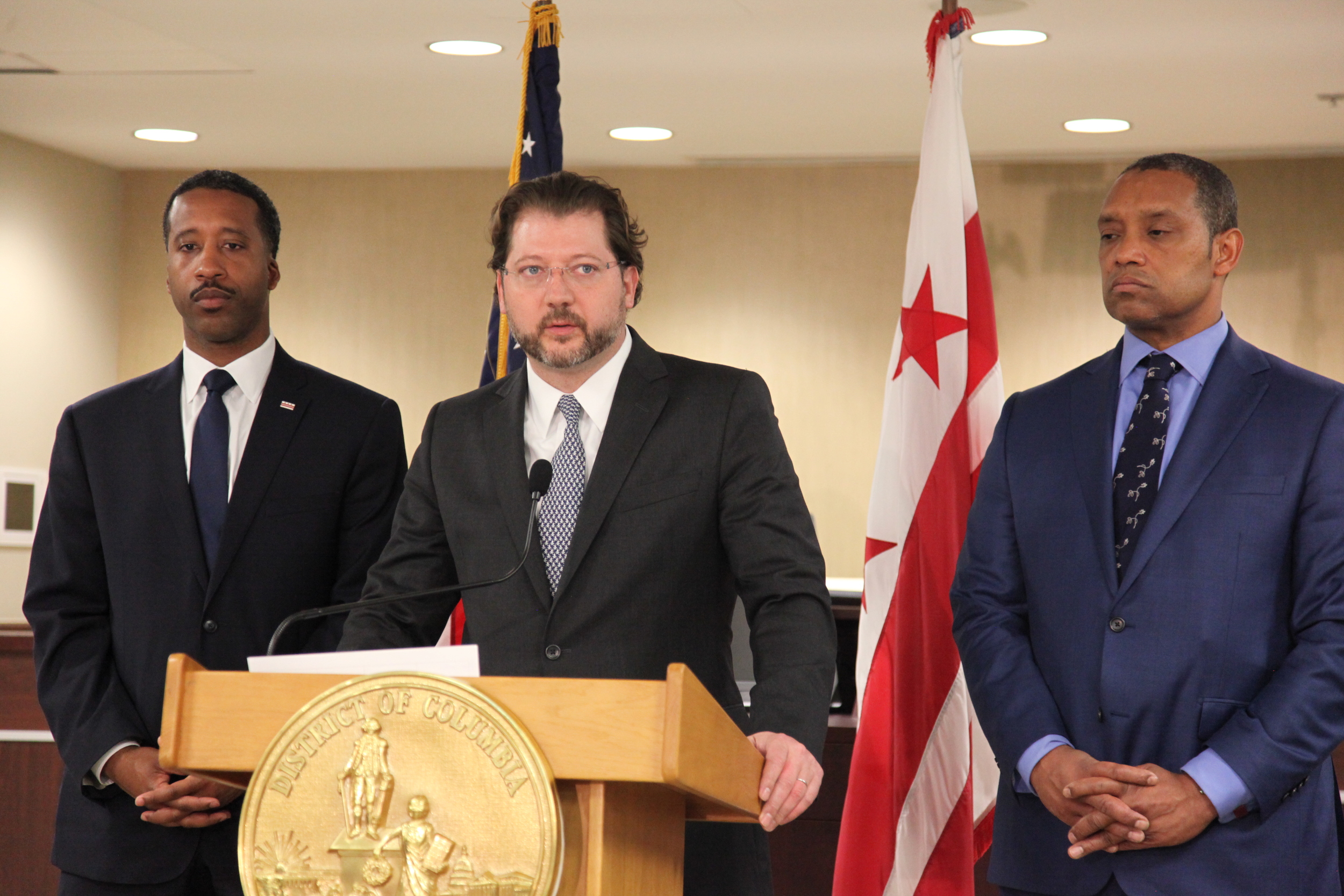As Indiana considers ways to fix its religious discrimination bill, the Human Rights Act of the District of Columbia provides excellent language that Indiana could use to ensure that LGBTQ individuals are not the targets of religious discrimination. It is important to note that Part E, relating to educational institutions, had a religious exemption passed by Congress. The Council recently removed that religious exemption, which is currently under Congressional review.
§2-1402.01 Subchapter II, Prohibited Acts of Discrimination. Part A. General:
(a) Every individual shall have an equal opportunity to participate fully in the economic, cultural and intellectual life of the District and to have an equal opportunity to participate in all aspects of life, including, but not limited to, in employment, in places of public accommodation, resort or amusement, in educational institutions, in public service and in housing and commercial space accommodations.
§2-1402.11 Part B. Employment:
(a) It shall be an unlawful discriminatory practice to do any of the following acts, wholly or partially for a discriminatory reason based upon the actual or perceived: race, color, religion, national origin, sex, age, marital status, personal appearances, sexual orientation, gender identity or expression, family responsibilities, genetic information, disability, matriculation, or political affiliation by any individual:…
§2-1402.21 Part C. Housing and Commercial Space:
(a) It shall be unlawful discriminator practice to do any of the following acts, wholly or partially for a discriminatory reason based on the actual or perceived: race, color, religion, national origin, sex, age, marital status, personal appearance, sexual orientation, gender identity or expression, familial status, family responsibilities, disability matriculation, political affiliation, source of income, status as a victim of an intrafamily offense, or place of residence or business of any individual:…
§2-1402.31 Part D. Public Accommodations:
(a) It shall be an unlawful discriminatory practice to do any of the following acts, wholly or partially for a discriminatory reason based on the actual or perceived: race, color, religion, national origin, sex, age, marital status, personal appearance, sexual orientation, gender identity or expression, familial status, family responsibilities, genetic information, disability, matriculation, political affiliation, source of income, or place of residence or business of any individual:…
§2-1402.41 Part E. Education Institutions:
It is an unlawful discriminatory practice…for an educational institution:
(1) To deny, restrict, or to abridge or condition the use of, or access to, any of its facilities, services, programs, or benefits of any program or activity to any person otherwise qualified, wholly or partially, for a discriminatory reason, based upon the actual or perceived: race, color, religion, national origin, sex, age, marital status, personal appearance, sexual orientation, gender identity, source of income, or disability of any individual;…






